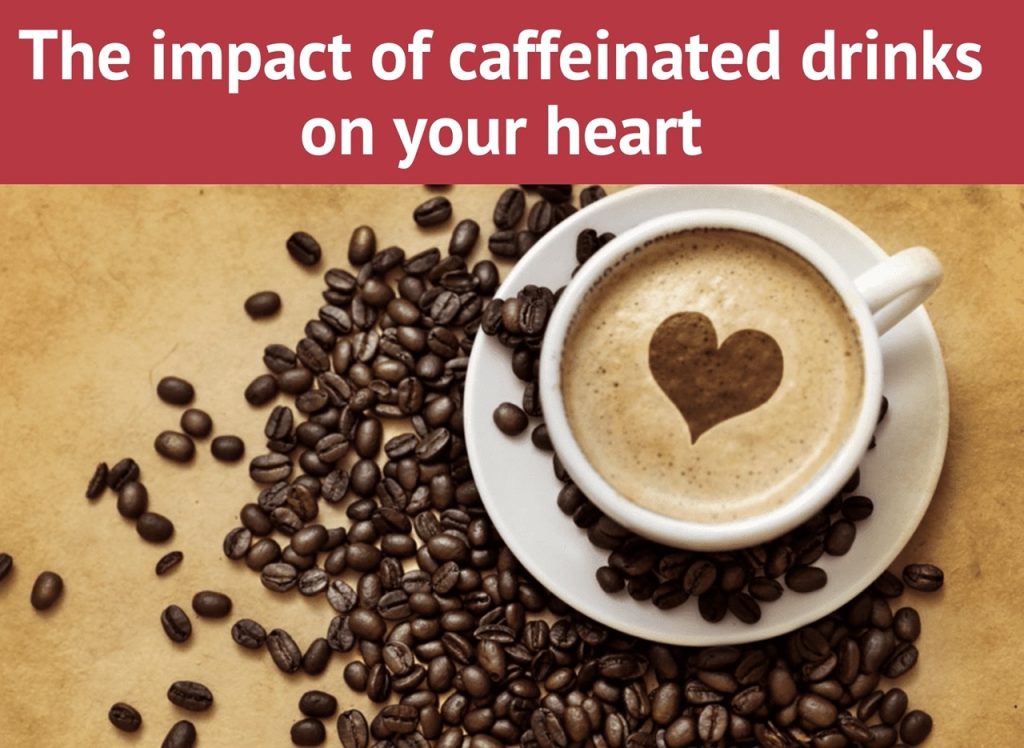Coffee, one of the most commonly consumed beverages in the world, yet the health impact it has still remains uncertain. Certain long-term observational studies have suggested potential benefits of this drink, but the drawbacks need to be carefully considered to paint a full picture. The findings of a recent study on the short term health effects of caffeinated coffee were presented at the American Heart Association’s Scientific Sessions 2021.
One hundred adult volunteers were assigned to wear continuously recording ECG devices (to track heart rhythm), wrist-worn devices to track physical activity and sleep; and continuous glucose monitors to track blood sugar levels for two weeks. The average age was 38 years and 51 per cent were women. Participants were then randomly assigned to either avoid or consume coffee for no more than two consecutive days each for 14 consecutive days.
The analysis found that coffee consumption was associated with a 54 per cent increase in a type of abnormal heartbeat originating in the lower heart chambers reported to feel like a skipped heartbeat. In contrast, drinking more coffee was associated with fewer episodes of an abnormally rapid heart rhythm arising from the upper heart chambers.
Consuming coffee was consistently associated with more physical activity as well as less sleep. Specifically:
- Participants who consumed coffee logged more than 1,000 additional steps per day compared to days when they did not drink coffee.
- On the day participants drank coffee, they had 36 fewer minutes of sleep per night according to their Fitbit devices.
- Drinking more than one coffee drink more than doubled the number of irregular heartbeats arising from the heart’s lower chambers.
- Each additional cup of coffee consumed was associated with nearly 600 more steps per day and 18 fewer minutes of sleep per night.
- There were no differences in continuously recorded glucose measured when the study participants consumed versus avoided coffee.
HEALTH BENEFITS OF CAFFEINE
More physical activity, which appears to be prompted by coffee consumption of course has numerous health benefitsincluding:
- A reduction in the risks of Type 2 diabetes.
- Reduction in several cancers.
- General association with greater longevity.
Additional benefits of moderate caffeine consumption, specifically found in black coffee are:
- Fat burning aid based on several studies indicating an increase in metabolic rates.
- The stimulation of the nervous system improves physical performance.
- Many coffee beans contain essential nutrients, such as vitamins B2, B3, B5 and manganese and potassium
- Up to a 65% lower risk of Alzheimer’s disease as found in recent studies.
- Can fight depression. Various Harvard studies have found that up to 54% of women consuming 4 cups of coffee are less likely to feel depressed.
- May help you live longer because of the antioxidants found in caffeine.
HEALTH RISKS OF CAFFEINE
On the other hand, the following risks may also be associated with coffee consumption:
- Reduced sleep, which in turn can be associated with a variety of adverse psychiatric, neurologic, and even cardiovascular outcomes.
- Certain digestive issues
- Increase in blood pressure, which in turn puts pressure on normal heart functions.
- Anxiety and the feeling of a racing heart
These results highlight the complex relationship between coffee and health, and does not settle the long intense debate.
WHAT DO I DO NEXT?
Research findings are often painted in broad strokes and our team of expert cardiologists are best placed to give you the individualized and personal advice you need to best care for your health. Visit the team at German Heart Centre to receive the best cardiac and general health advice in Dubai.

